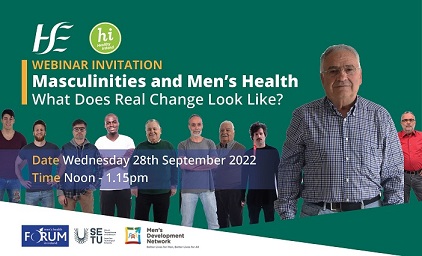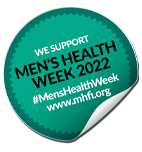Building the Community-Pharmacy Partnership Programme 2022
The Building the Community-Pharmacy Partnership (BCPP) programme is led by the Community Development and Health Network and funded by the Health and Social Care Board, with strategic direction provided by a multi-agency Steering Group. BCPP supports communities and community pharmacists to work in partnership to address locally defined needs, so that people make connections, listen to and understand each other better, and work together to address the social determinants of health and health inequalities. Applications for the next round of funding (Level 2 projects) will close on the 17th of November 2022. See: https://www.cdhn.org/bcpp



